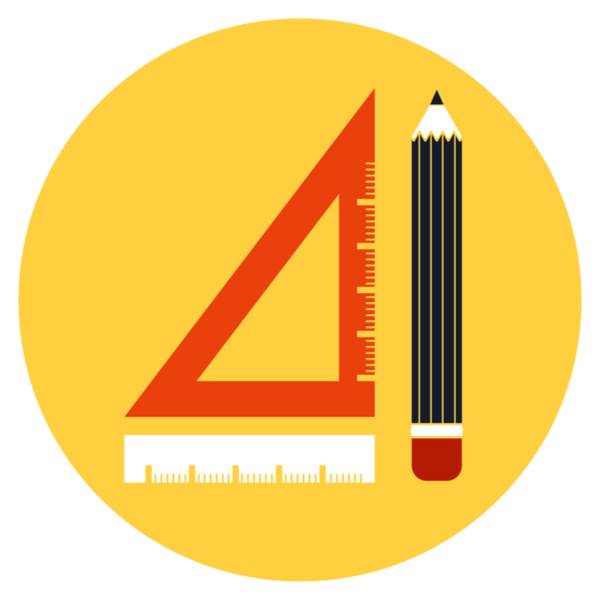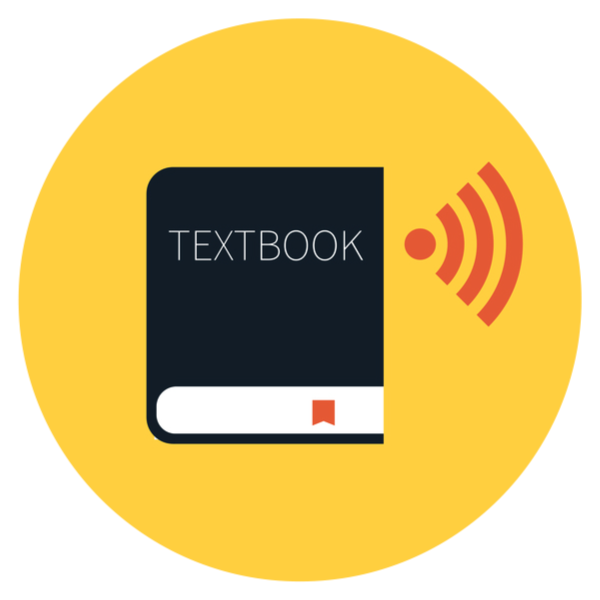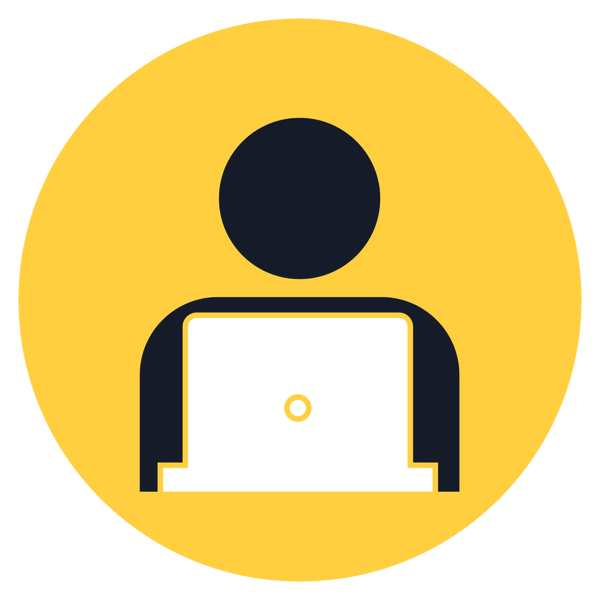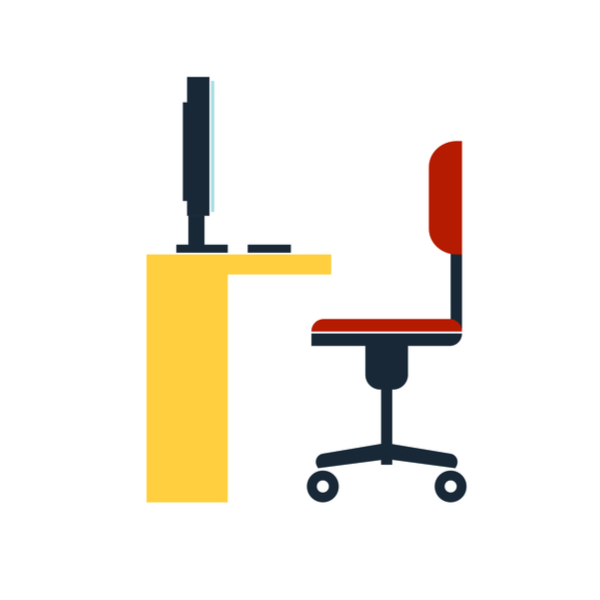

7 Styles of Learning – Which One Fits You?
You probably know that everyone learns new concepts in different ways. You may even have a general idea of how you prefer to take in new information. What you may not realize is that there are actually seven learning styles and that people usually have two or three preferred methods that naturally work best for them when it comes to understanding new things. Knowing your best style or styles of learning can help you tremendously in your academic life. In fact, having an understanding of this can be useful in various settings throughout your life. Utilizing your preferred learning styles in the workforce can make it easier to get through the often overwhelming orientation phase of a new job and even improve your performance. Let’s take a look at the seven styles of learning and explore ways learners from each style can get the most out of their education.
 Visual
Visual
Visual learners may also be known as spatial learners. They learn best by seeing information in a pictorial or graphic type of presentation. If you’re a visual learner, you may learn best through the use of things like mind maps, diagrams, drawings, pictures or other images. A mind map is a visual representation of thoughts and ideas, demonstrating the flow of how each is related. Utilizing color to designate categories or concepts is also a beneficial tool of the visual learner.
There are a number of study strategies that could help you in the retention and understanding of information received in class. You will likely benefit from re-reading your textbook, along with your notes, prior to exams. Read and review in short, multiple sessions though, rather than trying to cram. Review diagrams, graphs and charts to help you process data. Better yet, draw your own. The process of conceptualizing the layout of information will help it to stick in your mind.
 Physical
Physical
Another term for physical learners is kinesthetic. These folks enjoy learning by doing. They want to experience a process in order to best understand it. If the concept is not something that can be physically completed, kinesthetic learners can benefit in other ways such as the physical act of writing out notes. However, if this is your preferred method, don’t just copy your notes word for word. A more strategic way to remember information is to write it down in your own words. Making it personal makes it memorable. Drawing diagrams, utilizing physical representations of objects or concepts and role playing are also study tips that are recommended. Even walking around while reading notes could help.
 Auditory
Auditory
Auditory, or aural, learners take in information best through hearing it. It makes sense that lectures may be one of your favorite ways to learn something new. Perhaps your online instructor will record video lessons or there will be recommended videos to accompany the textbook. If not, take some time to do a YouTube or Google search. You’ll probably find lots of videos, podcasts or other type of media on your topic of choice. When you study, read your text (or notes if you’ve taken them) out loud to help you retain it. Making up songs or rhymes can be a personal and effective way to help you study, as well.
 Verbal
Verbal
If you’re a verbal learner, you probably love words. Both spoken and written words may appeal to your learning style. So you’re another student who will benefit from reading your textbook multiple times in order to take in the information. Re-writing your notes is likely helpful to you, as well. Utilizing word techniques like mnemonic devices, which are tools like rhymes, acronyms, diagrams and other types of strategies that help to improve memory.
 Logical
Logical
If you want to know the reasons behind concepts and enjoy considering the big picture of how various concepts are connected, you are probably a logical learner. Logical learners like to rely on logic and reasoning as explanations for the information they receive. Thus, you may prefer to create your own personal systems for logically connecting concepts together and remembering them. The process of creating your own system makes the information more personal to you, and the system itself will aide in your overall comprehension of the material.
 Social
Social
Social learners are often known as interpersonal learners. Working in groups is something that will excite you. You’ll gain energy from sharing ideas with and hearing the suggestions of others. If you’re a social learner, group study may be some of your most effective ways to remember information. So take advantage of connecting with a study partner or two whenever possible. Teach each other different chapters of material or give each other quizzes.
 Solitary
Solitary
On the opposite end of the spectrum from the social learner is the solitary, or intrapersonal learner. If this is your preference, you need quiet time alone in order to best process information and grasp concepts. You may feel like online group collaboration is overwhelming for you or distracting, and that’s okay. Take time to read on your, pausing when necessary to ensure comprehension. You may benefit through finding other materials for independent study. Ask for instructor for recommended resources or take some time looking online for something you find of interest.
Now that you have an understanding of each style, take some time to consider which is your strongest. You probably can relate to more than one. This is normal. Utilize the study tips offered for your particular styles, and you’ll find that learning and understanding the information will probably come easier to you. If you’re ready to get started on studying for your desired degree program, contact Brighton College today.